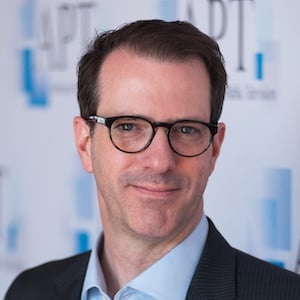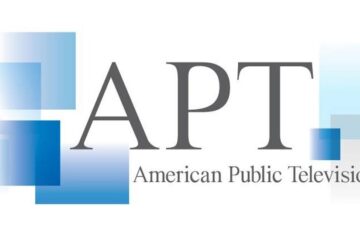Monday roundup: APT kicks off; WTVI boosts revenue
• American Public Television’s annual Fall Marketplace meeting gets underway Monday in San Diego, and The Hollywood Reporter has a preview. “It’s a place not just to see great programming but also to talk to people who do it . . . and meet people who are helping pay for the programs,” says Neal Shapiro, president of New York’s WNET, in the Reporter story. Current will be reporting from Fall Marketplace throughout the week.
• WTVI-TV in Charlotte, N.C., continued to lose money last year, but at least it didn’t lose as much as the year before, according to the Charlotte Observer. Central Piedmont Community College, which operates the station, will make up the losses while the station works to get in the black. WTVI stemmed losses in fiscal year 2014 by boosting membership and underwriting revenue.
• So there’s this point of view:
We need a “Should I write about Jian Ghomeshi?” flowchart where almost every question leads to a “Hell, no, don’t even think about it!” box.
— Tabatha Southey 🇨🇦 (@TabathaSouthey) November 4, 2014
But if anyone gets a pass, it’s Jeffrey Dvorkin, onetime NPR ombudsman and news veep, former Canadian Broadcasting Corp. editor and observer of Canadian media. The revelations about Ghomeshi “are not just about one man’s disgraceful and allegedly dangerous behaviour,” writes Dvorkin in the Toronto Star. “It is about the CBC – the institution that enabled Ghomeshi by putting ratings above everything else. This is a crisis of truly existential proportions for the CBC.”
Diagnosing the CBC’s ills, Dvorkin cites “an institutional smugness, governmental indifference, a decline in funding, and a senior management culture that believes the state has no real role in public broadcasting.”
• Greater Public looks at what Melody Kramer, editor and digital strategist at NPR, will be doing next year with her Nieman Fellowship at Harvard. Kramer plans to explore whether public media stations should encourage audiences to become members by contributing time and skills as well as money. “Could you bring Google into KQED for a week?” Kramer asks. “You embed them, allow them to meet people at the station, then they too could become members.”





